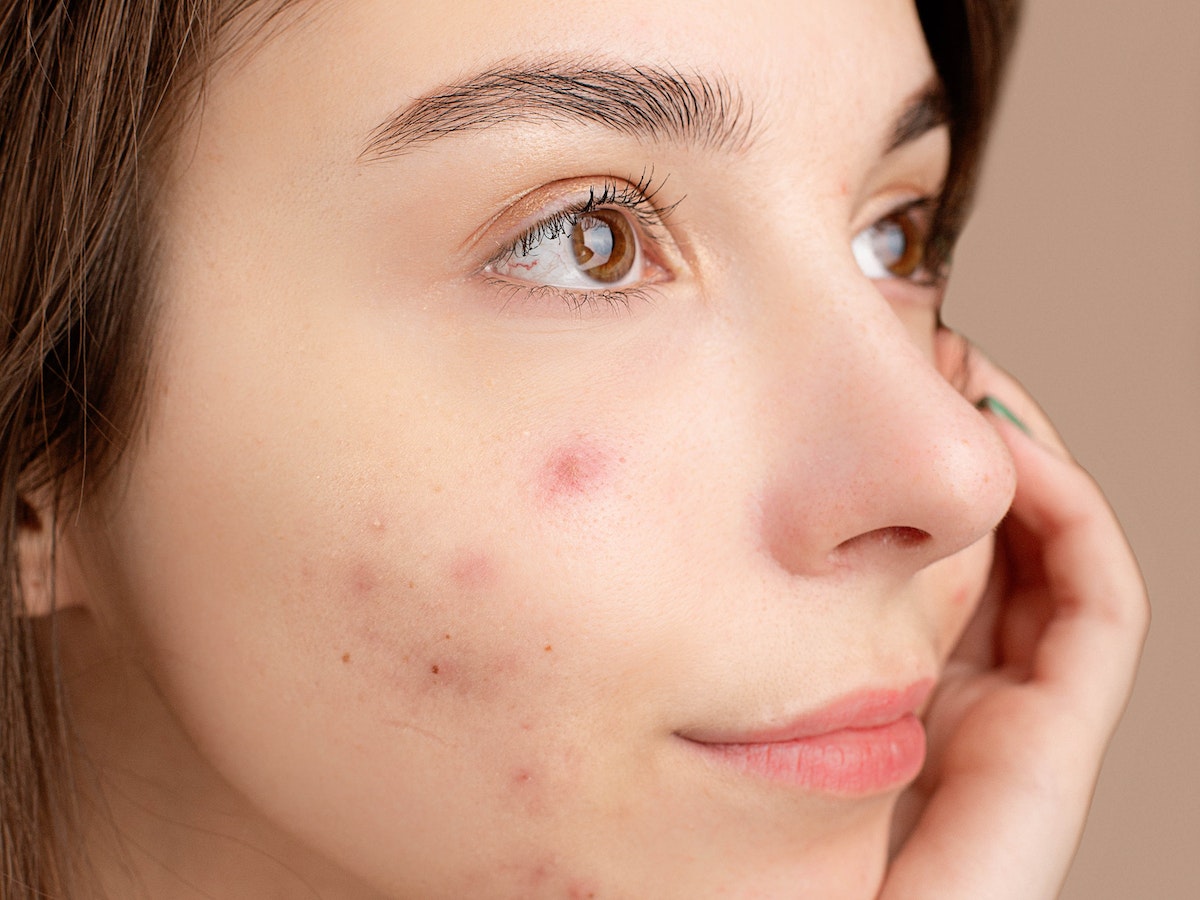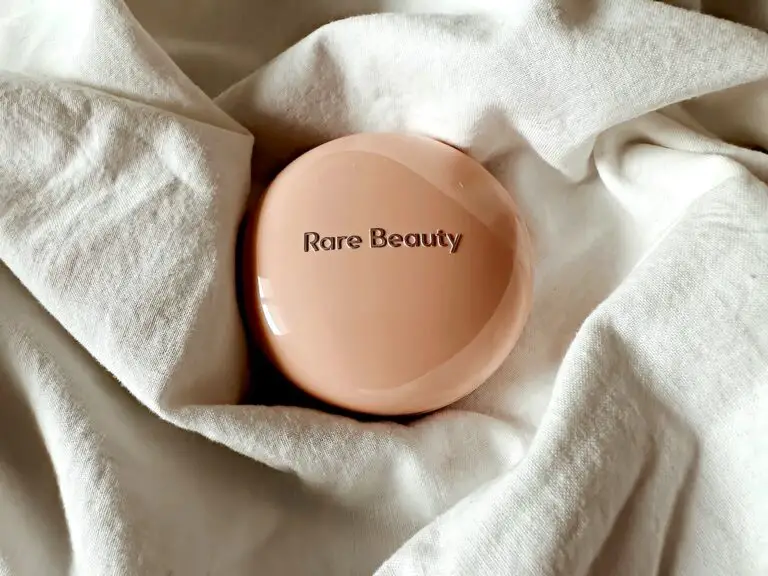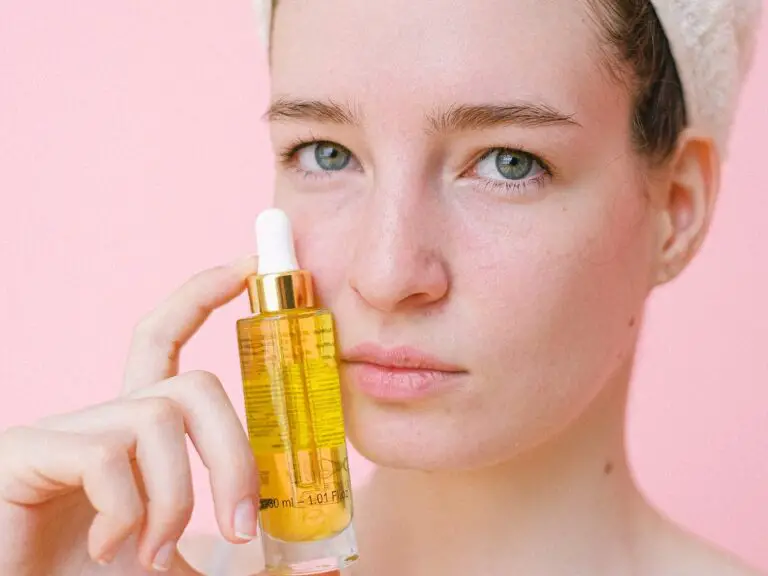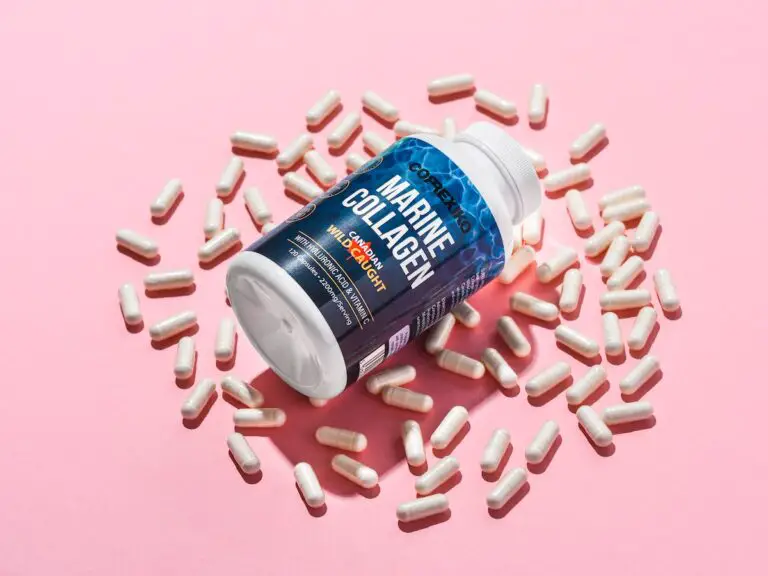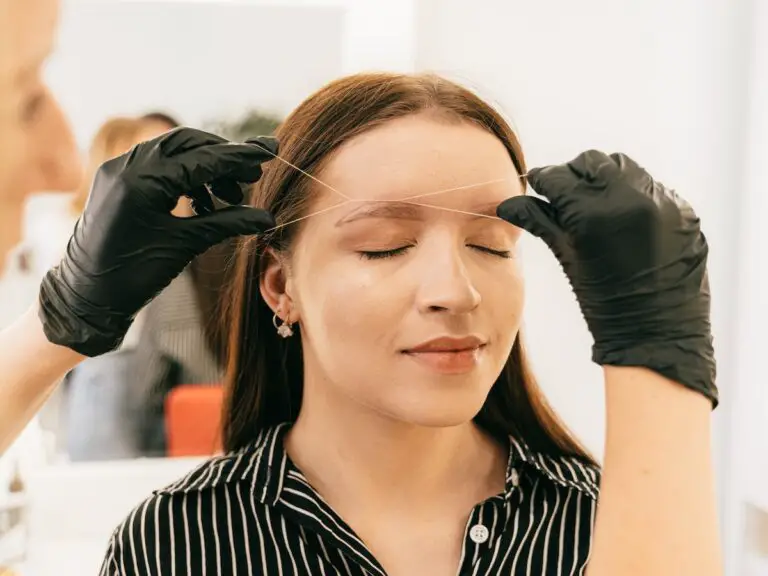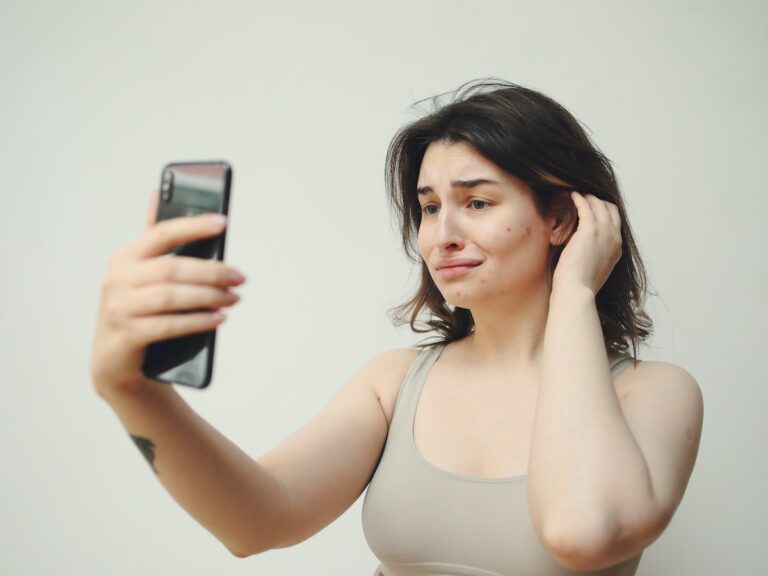Why Acne Comes Back after Accutane and How to Prevent It (2023)
Are you upset that your acne seems to keep coming back even after you finish a course of Accutane? You’re not alone. Many people who have used this strong acne medicine and seen results must deal with breakouts again. But don’t be afraid, because there is a secret truth behind this. In this piece, we’ll look at why acne comes back after treatment with Accutane and give tips on keeping it from happening again. We’ll talk about everything you need to do to keep your skin clear and healthy in the long run, from figuring out what’s causing it to use effective skincare practices. Don’t bring acne back into your life. Find out what you need to do to keep it away for good. Let’s dive in!
Table of Contents
Understanding the underlying causes of acne
To keep acne from coming back after treatment with Accutane, it’s important to know what causes it in the first place. Acne is a skin disease that is caused by a number of different things. It happens when oil, dead skin cells, and bacteria get stuck in hair follicles. Some things that can cause acne are hormone changes, too much oil production, certain medicines, and a genetic predisposition.
People often think that Accutane gets rid of acne by getting rid of what causes it. Accutane, also called isotretinoin, is very good at lowering acne breakouts and inflammation, but it mostly works by stopping oil production from overactive sebaceous glands. But it doesn’t deal with other underlying causes of acne, like hormonal issues or being born with a tendency to get acne. Because of this, acne can sometimes come back even after a term of Accutane.
Accutane’s Effects on acne
Accutane is a very strong drug that can help people with serious acne in a big way. It works by shrinking the sebaceous glands and cutting back on oil production, making acne less likely. But you should know that Accutane’s effects on acne are often only temporary. Some people may have long-term remission, but many others find that their acne signs slowly come back after they stop taking the medicine.
Accutane only has short-term effects on acne because it doesn’t deal with the real reasons why people get acne. As was already said, acne is caused by more than one thing, and Accutane mainly affects how oil is made. When you stop taking the medicine, the sebum glands slowly return to how they were before the treatment. This can cause acne to come back. Also, hormonal changes or other factors that cause acne may still be present after Accutane treatment, making the chance of acne returning even higher.
Reasons why acne comes back after Accutane treatment
Acne can come back after a course of Accutane for a number of usual reasons. If you know these reasons, you can take steps to stop acne from coming back and keep your skin clear in the long run.
- Incomplete treatment: Accutane must be taken for the full course of treatment for the best benefits. People sometimes stop taking their acne medicine too soon or don’t take it correctly, which can make acne come back more often. To increase the chances of long-term remission, it’s important to do what your doctor says and finish the treatment for as long as he or she says.
- Hormonal imbalances: Changes in hormones play a big role in the growth of acne. Accutane can briefly stop your skin from making oil but doesn’t fix hormonal problems that can cause acne. Even after taking Accutane, acne can come back because of changes in hormones, such as during puberty, menstruation, or stress.
- Genetic predisposition: A person’s genes can make them more likely to get acne. If your family has a history of acne, you may be more likely to get acne again after taking Accutane. How your face reacts to hormonal changes, oil production, and inflammation depends on your genes. This means that some people are more likely to get acne even when they get treatment.
It’s important to remember that these are not the only reasons and that each one can be different. Talking to a doctor can help you figure out what specific things may be causing your acne to come back.
How to prevent acne recurrence after Accutane
Even though acne often comes back after Accutane, there are things you can do to reduce the chance of breakouts and keep your skin clear in the long run. By taking a thorough approach that deals with the causes of acne, you can make it much less likely that it will come back. Here are some ideas to think about.
Skincare routine and products for post-Accutane acne management
Keeping acne under control after taking Accutane means sticking to a skincare routine. Using the right products and taking good care of your face can help keep it clear and healthy. Here are some important steps to add to your skincare routine after Accutane:
- Gentle cleansing: Wash your face twice daily with a mild cleaner that doesn’t clog pores. Avoid harsh cleaners that can take away your skin’s natural oils. This can cause your skin to make too much oil, leading to breakouts.
- Moisturize. Even if your skin is less oily after taking Accutane, it’s still important to keep it well hydrated. Choose a moisturizer that doesn’t contain oil and doesn’t clog pores to keep your skin moist without closing pores.
- Sun protection: Protecting your face from the sun’s harmful UV rays is very important, especially after taking Accutane. While outside, apply a broad-spectrum sunscreen with an SPF of at least 30 every two hours.
In addition to these basic steps, adding acne-fighting ingredients like salicylic acid or benzoyl peroxide to your skincare routine can also help avoid acne. But it’s important to use new items slowly and watch how your skin reacts to avoid redness or dryness.
Dietary and lifestyle changes to maintain clear skin after Accutane
Even though changes in food and lifestyle may not directly address the cause of acne, they can help keep it from coming back. Here are some eating and living habits to think about:
- Balanced diet: Eating fruits, veggies, whole grains, and lean proteins can help your skin. Acne-prone skin may also benefit from not eating too many sugary foods, processed snacks, and greasy foods.
- Stress management: Stress can worsen acne by causing hormonal changes and inflammation. Taking part in stress-relieving activities like exercise, meditation, or hobbies can help you deal with worry and may lower your risk of getting acne.
- Good sleep hygiene: Getting enough sleep is important for your general health, including your skin’s health. Aim for seven to eight hours of pure sleep each night and set a regular sleep schedule. This can help keep hormone levels in check and keep the skin healthy.
Even though these changes may not promise acne-free skin, they can help you feel better overall and make acne less likely to come back.
Alternative treatments for persistent acne after Accutane
Other treatments may be tried if acne comes back or gets worse after taking Accutane. These methods can help deal with specific things that cause acne and may help even more to keep it from coming back. Some other kinds of treatments are:
- Topical retinoids: Prescription-strength topical retinoids like tretinoin or adapalene can help keep skin clear by controlling cell turnover and keeping pores from clogging. Along with a good skin care program, they work well.
- Hormonal therapies: People with hormonal imbalances that cause acne may be given hormonal therapies like oral contraceptives or anti-androgen drugs. These methods help control hormonal changes and lower the chance of getting acne.
- Chemical peels: Chemical peels can help remove dead skin cells, open up clogged pores, and reduce redness caused by acne. A dermatologist can do them, and they may be suggested to prevent acne from coming back.
It’s important to talk to a dermatologist about your skin situation and needs to figure out which alternative treatments will work best for you.
Seeking professional help for post-Accutane acne management
After a term of Accutane, you should see a doctor immediately if your acne keeps coming back or worsens. A dermatologist can look at your skin, figure out what’s causing your acne to return, and advise you on how to treat it. They may also advise on how to take care of your face, change your lifestyle, and other ways to keep acne from returning.
Remember that treating acne after Accutane takes a multi-pronged approach that gets to the root of the problem. By using the right skincare routine, making changes to your food and lifestyle, and getting advice from a professional, you can greatly reduce the chance of getting acne again and have clear, healthy skin in the long run.
Conclusion:
Even if your acne comes back after taking Accutane, it’s important to remember that you have the power to keep your face clear and healthy in the long run. By learning what causes acne, using effective skincare routines, making changes to your food and lifestyle, thinking about alternative treatments, and getting professional help when you need it, you can make acne much less likely to come back.
To keep long-term benefits, you have to be consistent and patient. Even if your skin looks clear, keeping good skin care habits is important to avoid future breakouts. Adopting a healthy lifestyle and putting yourself first will help your skin stay healthy. Remember that everyone’s experience with acne differs, and what helps one person may not help another. Be patient, stay upbeat, and talk to a dermatologist for personalized advice and help on keeping your skin healthy and clear.
FAQs
Accutane, a powerful acne medication, can provide long-lasting results, reducing acne severity and preventing scarring. However, in some cases, acne may come back after completing Accutane treatment, requiring further management. It’s important to consult with a dermatologist to discuss individual concerns and develop a personalized post-Accutane skincare plan.
To minimize the chances of acne relapse after completing Accutane treatment, maintain a consistent skincare routine, including gentle cleansers and non-comedogenic products. Avoid excessive sun exposure, practice good hygiene, and manage stress levels. Regular follow-ups with a dermatologist can help monitor your skin and adjust treatment if needed.
The decision to take Accutane and any potential regrets associated with it are subjective and vary from person to person. It is important to discuss concerns, expectations, and potential risks with a healthcare professional to make an informed decision about acne treatment options.
Continuing Accutane at a low dose indefinitely is generally not recommended due to potential long-term side effects. The treatment duration and dosage are determined by a healthcare professional based on individual needs, and alternative maintenance therapies may be considered to manage acne after completing a full Accutane course.
While Accutane can effectively treat acne, it does not guarantee that acne will never return after the initial 6-month treatment period. Some individuals may experience long-term remission, while others may require additional maintenance treatments or alternative approaches to manage acne that may recur after Accutane. Regular follow-up with a dermatologist is important to assess the skin’s condition and determine the best course of action.

General Physician
Senior Medical Writer
